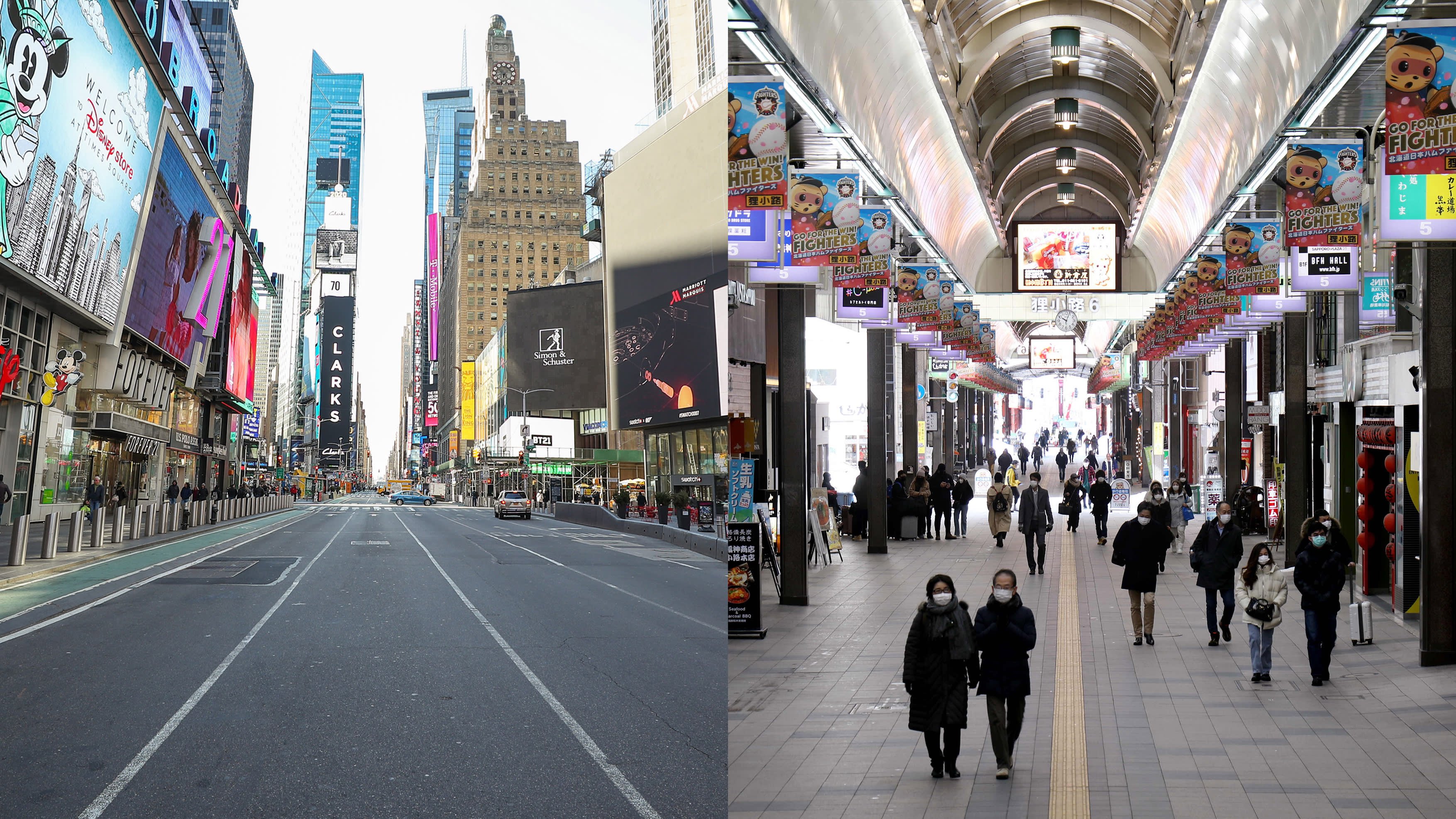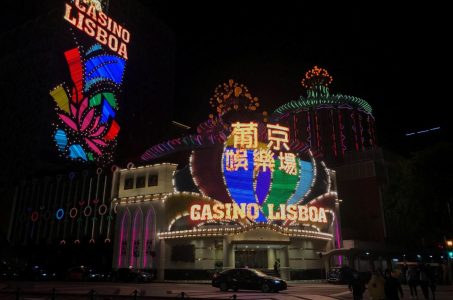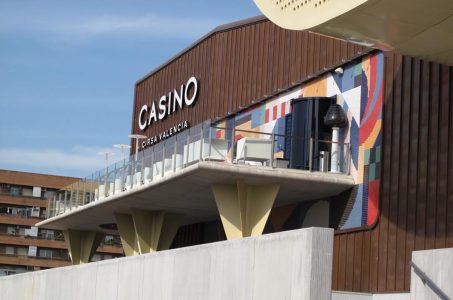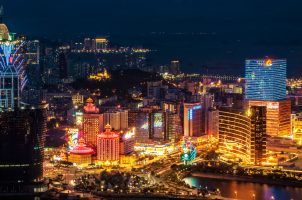Yokohama Earmarks $3.6 Million in Latest Budget for Integrated Resort Effort
Posted on: March 25, 2020, 11:24h.
Last updated on: March 25, 2020, 12:01h.
Yokohama’s fiscal 2020 budget contains a $3.6 million appropriation for the city’s integrated resort ambitions.

Japan’s second-largest city behind Tokyo is competing with several other large metropolitan areas, including the capitol city and Osaka, to become home to one of the first three casino-resorts the country is expected to approve next year.
Undaunted by the global COVID-19 pandemic, which forced the postponement of the Tokyo Summer Olympics, Yokohama and other cities in the Land of the Rising Sun remain vigilant in their pursuit of becoming integrated resort destinations. For its part, Yokohama views becoming a gaming destination as an avenue for boosting tourism and shoring up a tax base that is dwindling because of an aging population. Still, opposition to the city’s casino dreams lingers.
We regard that this budget solves problems. IRs should not be permitted at all,” said the Constitution/National Forum, reports Inside Asian Gaming.
The budget was ratified by the Liberal Democratic Party (LDP) – Prime Minister Shinzo Abe’s group – and the Komeito party.
Plenty of Interest
There has been simmering opposition to putting an integrated resort in Yokohama – one pitting local residents against well-heeled business groups.
On the operator side, interest in the port city is strong, with expectations that as many as seven gaming companies are expected to vie for a license there. Those include some of the biggest names in Asia-Pacific integrated resorts, such as Las Vegas Sands, Melco Resorts & Entertainment, and Wynn Resorts.
Some market observers believe the coronavirus pandemic could actually work in favor of Japan’s integrated resort ambitions for multiple reasons. The country’s tourism industry is suffering in the wake of the COVID-19 outbreak, and some view casinos as a way of ameliorating that situation. Second, operators stung by closures in Macau and the US could be looking to add some geographic diversity to their portfolios.
What’s Next
The next step in Yokohama is for policymakers there to select a partner with which to approach the federal government about procuring one of the first three licenses.
Business leaders and lawmakers in the city haven’t publicly expressed a preference for a specific company. But in the investment community, it’s widely believed that Las Vegas Sands and MGM Resorts International are two of the leading candidates to win two of the initial three Japanese licenses. Sands is focusing on Yokohama, while MGM is dedicating its Japan efforts to Osaka.
Policymakers in Yokohama are expected to reveal an implementation framework for its casino-resort plan in June, and it’s believed an operator partner will be announced at some point in the 2020 fiscal year.
At a time when gaming industry financials are under increasing scrutiny, it’s believed Japan will place added emphasis on working with structurally sound operators with strong balance sheets. That could bode well for LVS, which had $4.23 billion in cash on hand at the end of last year, the largest such stockpile among all US gaming companies.
Related News Articles
Las Vegas Sands, Wynn Surge as Macau Ends China Travel Quarantine Policy
Blackstone Eyeing Another IPO Try of Spanish Gaming Operator Cirsa
Macau Casinos Dealt Problematic Hand with Nongaming Obligations: Analyst
MGM Japan Casino Spend Could Be $2.5B, Says S&P
Most Popular
Mirage Las Vegas Demolition to Start Next Week, Atrium a Goner
Where All the Mirage Relics Will Go
Most Commented
-
Bally’s Facing Five Months of Daily Demolition for Chicago Casino
— June 18, 2024 — 12 Comments -
Chicago Pension Mess Highlights Need for Bally’s Casino
— July 2, 2024 — 5 Comments
















No comments yet